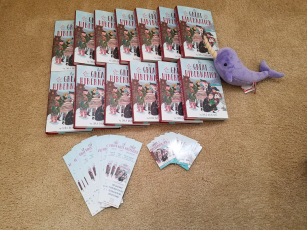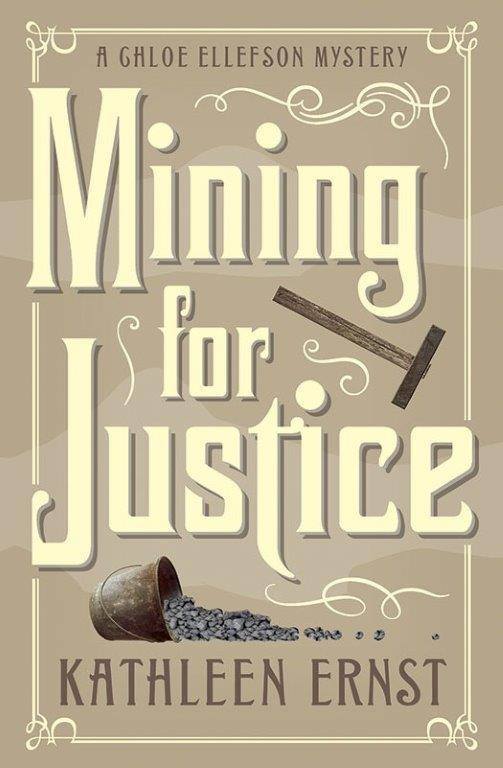I myself am not a cat person. I despise them to be exact, but Heather O’Neill places a simile revolving cats on every page, or so it seems, in her novel The Girl Who Was Saturday Night. Heather creates the setting of her book in Montreal where she makes it seem beautiful yet filthy, corrupt and enchanted. Not only does Montreal become a character in this novel, but Heather O’Neill’s voice does as well.
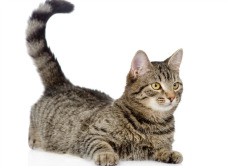
Cats hold a unique importance throughout this novel.
The main character, 19-year-old Nouschka Tremblay, and her twin brother, Nicolas live with their grandfather who is titled LouLou by the two. They call a fossilized apartment home and have shared a tiny bedroom since they were 14. Their father, the much-loved Québécois folksinger Étienne Tremblay, would drag them out on talk shows and at concerts he performed in. The innocent children were given specific lines to say to charm their way into everyone’s hearts night after night. They were told to smile and wave, and did just so. Even as they grew older they were still known as: Petit Nicolas, Petite Nouschka. For a complete full summary, feel free to check out this website!
Nouschka falls deeply and helplessly in love with Raphaël. This ends up tearing apart the twins relationship with one another. They both try so hard to keep their tight bond, but no matter what they do, it isn’t possible.
This brings us to the good stuff. What we are all here for. The Archetypal literary Theory. (Now, now, don’t get too excited).
The Everyman
This website describes the Everyman as “just a normal person, but for some reason, he or she must face extraordinary circumstances.” In this case, Nouschka is the Everyman. (That’s right, you guessed it!) She
is just trying to innocently live her life, but instead is found faced with many obstacles that she cannot control. For example, Nouschka was forced to participate in her cities pageant show. The priest confronted her and even though she told him she “had no intention whatsoever of participating in their beauty pageant, which was insulting to women” (O’Neill 9), she still found herself up on that stage. This caused tension between her and her brother as they promised they would never find themselves on a stage ever again, no matter what the circumstance. The horror’s they remember from being up on one with their dad was enough to set them from it.
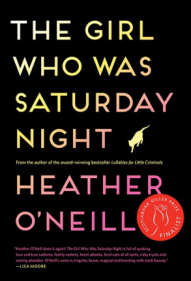
This novel has an edgy yet soft-spoken voice to it. A great mix!
The media spotlight returns to her,
and her family. She tries to leave them out of it, but once the voting committee knew her father was Étienne, she received the automatic win.
Also, the poor girl is even punished for having a boyfriend. Her [Nouschka] brother Nicolas is very jealous when it comes to other boys. When Nouschka spreads the word of her newly official relationship, all hell breaks loose. Nicolas developed an “irrational hatred for people when he was a little boy and he would not let it go” (O’Neill 152). He likes who he likes and hates who he hates and he is not afraid to show it. Nouschka, afraid of her brother, then becomes scared of living her life the way she wants to, but instead lives it the way everyone else wants her to.
At the start of the novel, the twins deadbeat father Étienne enrolls his children in a documentary about his life. He asks his innocent children to participate in activities that display togetherness, as if they are one big happy family. They do things like eating sandwiches, roller skating in the park and doing homework together. The problem is, these scenes were staged, and never truly happened in their lives. It was all for show so their hopeless drunk father could make some money off of his children. The children, especially Nouschka, had no say and allowed their deadbeat father to push them around. This is another example showcasing how Nouschka was caught up in the middle of something she had no control over.
As the Quebec referendum is coming to a close, and the vote for independence is near, Nouschka herself tries to become independent. She tries to push her family away and wants to do her own thing instead.
The Mentor
LouLou, the twins granddad, is the Mentor in this intriguing novel. He can be viewed as “the one who is supposed to take care of the hero and protects the hero along her journey”. In this case, he is protecting his two grandchildren. He is an “outcast” as he is much older than the two, but because of this he is wise and can gi
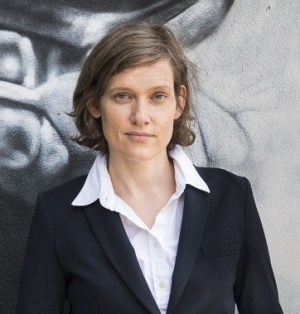
The talented author of this thrilling novel, Heather O’Neill.
ve them the best advice. He has personally been through the same thing before and can only warn them on what is coming next. He takes care of them. One way he does this is by feeding them well. LouLou was a retired chef but still enjoyed making food. “He never let anyone else cook” (O’Neill 15) as he enjoyed every moment of it. LouLou tried his best to take care of his precious grandchildren and did everything he possibly could for them, if not more.
At this point in the book, which is about halfway, the other characters could be characterized (no pun intended) into other archetypal characters (okay meg I think they get it with all these “characters”) as well. For example, Étienne could be seen as the Villain, but in a minor way. He does not go to the full extent of destruction and rage, but he does want all the fame on him and will do anything to do that. He will use his kids for fortune and attention, no matter how they feel about it. They are forced to do things and do not question it as they know that’ll cause a much larger stink.
Cats hold a special piece of symbolism in this novel. In every single chapter so far a feline animal has been brought up. Whether it be brief, or in-depth, a cat is talked about. Some have names, and some do not. Some are described by the colour of their coat and others by the sound of their purr like the cat on the boys bed whose “purring made the sound of a motorboat’s engine, taking us off into the deep, deep waters of sleep. (O’Neill 51). At the start of every chapter there is a picture of a cat on the page. How does cats connect to the Quebec referendum you may ask? Or just Quebec in general? Well Heather O’Neill describes the city, Montreal, as very dirty and polluted. The streets are filled with “whores” and everyone is easy to get with. Garbage is piled a mile high down the sides of the streets and many of the buildings and bu
sinesses are run-down. Cats then feed off of this un-cleanliness. They pick off of the scraps and garbage left behind, as well as make their homes in the back allies. The city is booming with cats. The cats bring the feeling of life back into the city. It gives the story a feeling of hope and survival.
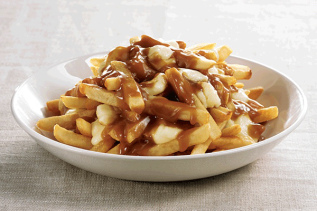
Since the setting of this novel is Quebec, Poutine holds importance as that is one of the things they are known for.
As the novel progresses, I feel like Nouschka is going to move away from her family in hopes of finding independence, but something will happen and she will realize how important having family by your side truly is. We
all crave adulthood, but the decisions and actions we make as we grow makes it harder to do so.
Works Cited
“Deadbeat.” Merriam-Webster. Merriam-Webster, n.d. Web. 13 July 2017.
Frazier, Christine. “10 Traits of the Mentor Character Archetype: Hagrid Haymitch.” Better Novel Project. N.p., 27 Nov. 2015. Web. 13 July 2017.
Inc, Scribendi. “5 Common Character Archetypes in Literature.” Scribendi Editing and Proofreading. N.p., n.d. Web. 13 July 2017.
ONeill, Heather. The Girl Who Was Saturday night. London: Quercus, 2015. Print.
Post, Special To National. “The Girl Who Was Saturday Night, by Heather O’Neill: Review.” National Post. N.p., 02 May 2014. Web. 13 July 2017.
“Run-down.” Merriam-Webster. Merriam-Webster, n.d. Web. 13 July 2017.
Advertisements Share this:



